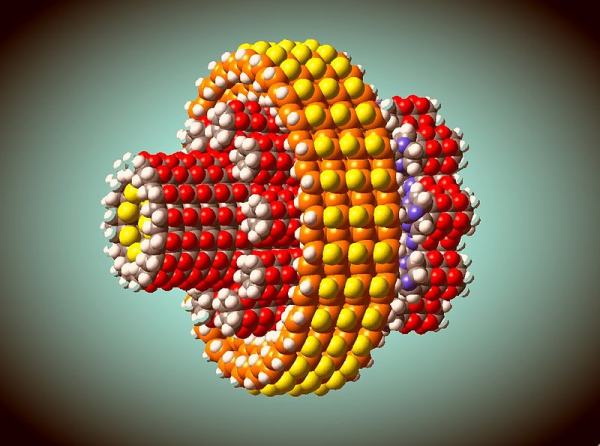Technological Scenarios
During past 50 years, new materials, technologies, processes and have helped increase capabilities of many products, plants, systems and services to a degree of performance which was inconceivable in 1960s.
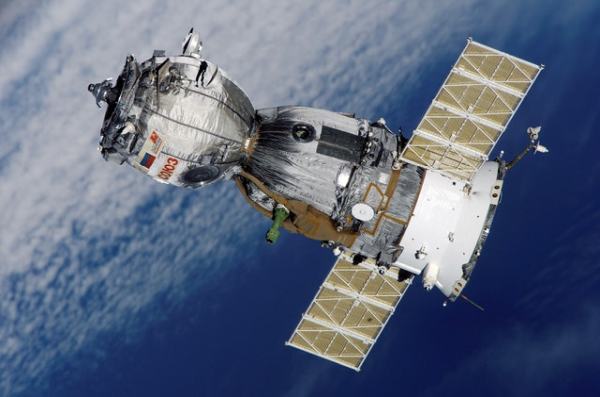
Further, IT revolution and developments in computer technology and new technologies like nanotechnology have vastly changed the scenario and made modern systems less energy and material intensive and more and more sophisticated, complex and powerful.
This has put an enormous demand on their performance standards as their unreliability could cause extensive loss of capital, security and risk human lives. On the other hand, the international competition has increased both in industrial and defence sectors
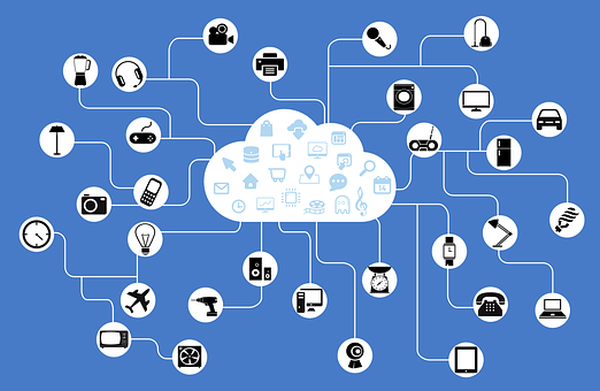
All this has generated a demand for high performance of products, systems and services and in fact is a matter of survivability for some organizations and companies in the world market. Reliability of modern products and systems has a major impact on the profitability of industry and cost effectiveness of essential services.
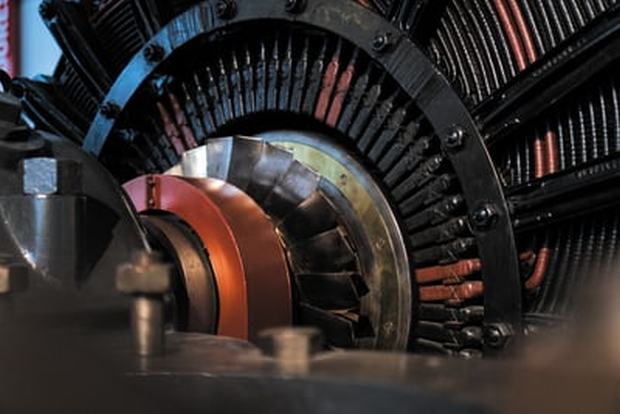
Defence and high investment sectors have national security and high monetary risk at stake. The increasingly prohibitive costs of support systems and low operational availability have stimulated rapid changes in design to improve maintainability.
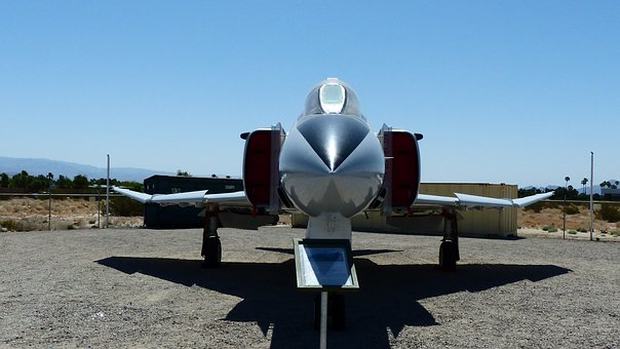
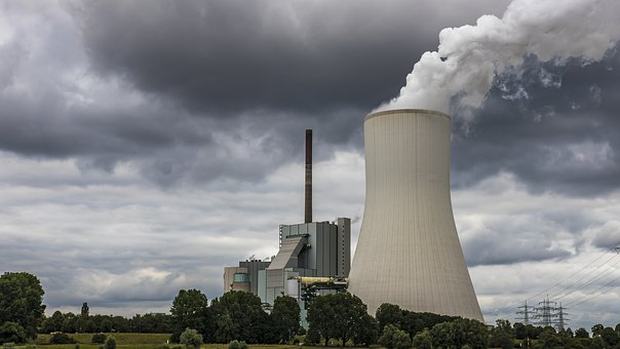
Therefore, all product development projects must conform to clean production and be subjected to environmental impact assessment, besides ensuring its high reliability and safety, if societal obligations have to be honoured and the future generations have to survive in an eco-friendly environment. This puts high demands on products/ systems design.
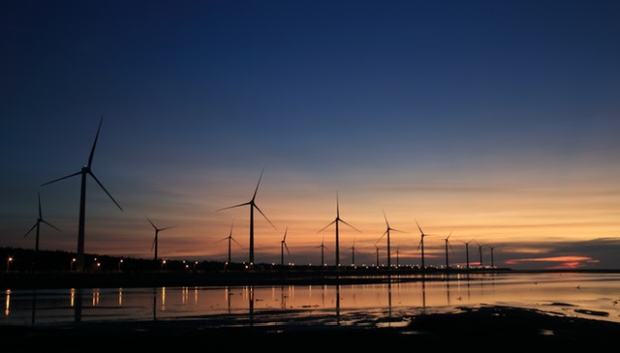
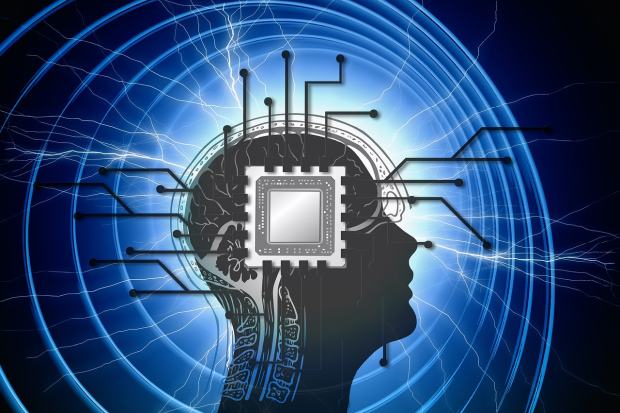
RAMS Consultants offer such programmes for the industries and also help them acquire the expertise in these areas by providing vital information and consultancy without keeping their engineers away from their jobs for longer duration. RAMS Consultants also helps technical institutions to tune their curriculum to the essential requirements to overcome the present shortcomings.

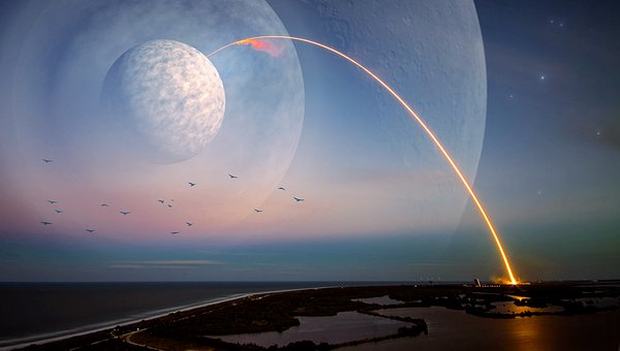
To avoid pending disaster due to environmental degradation on Earth, some pioneers are suggesting and in fact working on projects to develop means of mass migration from Earth to nearby planets which in my opinion this is neither practical, economical, nor feasible. The energy requirement and resources to make it possible would be enormous. There is no life on any of the nearby planets in the solar system. Also humans will face an inhospitable environment on such a possible planet. It appears to be illogical to move to reside on an inhospitable planet after spoiling our own Earth’s environment instead of preserving its environment since one can go on spoiling the environment wherever we may live without learning anything worthwhile to preserve the environment we live in.
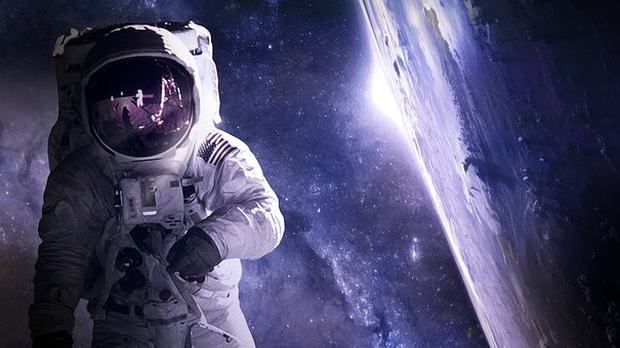
In September 2016, Elon Musk, the founder of SpaceX–an American aerospace manufacturing and space transport company-gave details of widely publicised news coverage of a spacecraft (of a skyscraper size) capable of carrying 100 passengers to colonize the red planet – the cost of which per person he puts as US $ 200,000 – (the median cost of a house in the US) which may not be within reach of many people living on Earth. In next 150 year we would be further spoiling Earth’s environment with increasing population. So unless we care for our planet today, we will be restraining our future generations to lead a quality of life that we enjoy today. We must realize that we are living on an island in infinite space and the only course left to us is to mend our ways to treat our existing resources on Earth with care and equitably and to explore ways to conserve resources and energy requirement so that future generations could survive and live peacefully, happily and with dignity. We should direct our research more vigorously towards developing sustainable products, systems and services.
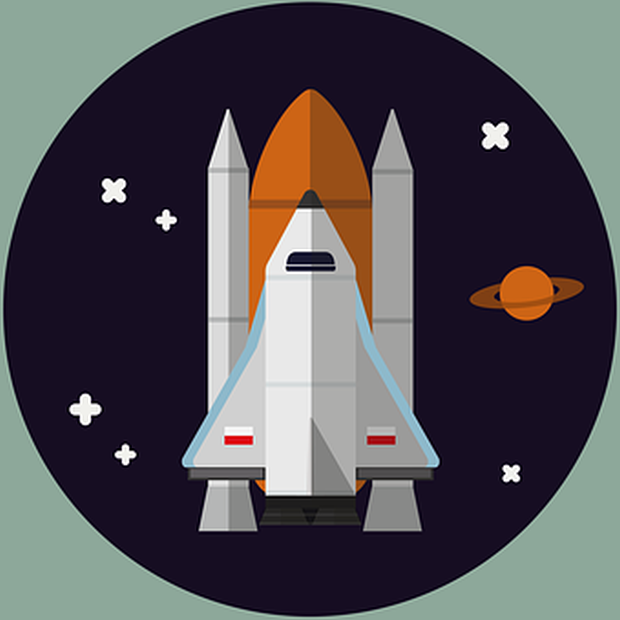
In Dr. Misra’s opinion, there will be a fusion of biotechnology and nanotechnology and this will lead to all products and systems becoming biodegradable in future so that their manufacturing and disposal does not create any environmental pollution. Development of biodegradable plastic is a step in that direction. In fact all items of daily use can be made biodegradable and possibly grown using the technology based on Bio-Nano-technology. We will possibly be able to build table, chair, bed, clothes and in fact anything by manipulation at molecular level.
If most structures and functions can be built out of carbon and hydrogen, there will be far less use for minerals, and mining operations can be mostly shut down. Manufacturing technologies that pollute can also be scaled back.
Remembering the most complex, reliable and sustainable machine that this planet has evolved over 3.5 billion years starting from simple living cells through correct and unique combinations of molecules, is human not to talk of other living creatures. This biological machine (which is highly complex and biodegradable – less polluting and requires less energy for all its functions) has marvelled in many respects which can hardly be achieved through any artificial manufacturing methods or processes using inorganic means.
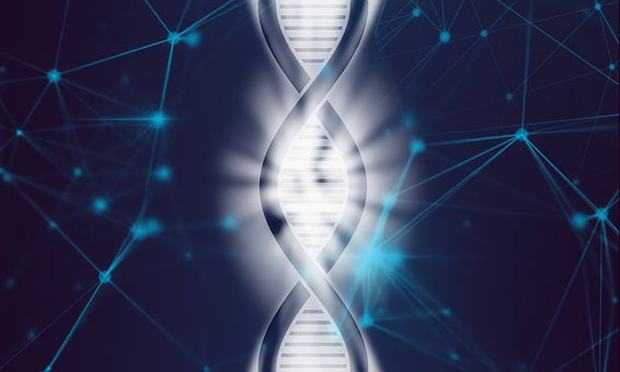
No mechanical pump can ever surpass the performance of heart. Three-dimensional camera like human eyes and stereo system of ears and many such subsystems can hardly be built or replicated by the technologies that we today. This machine has all the intelligence, senses, locomotion and replicating capabilities that we are trying to achieve extraneously perhaps through robots (inorganic means). Why the same analogy cannot be used to create futuristic systems, accessories and services that are required to satisfy our needs and make life comfortable and happier? There is lot to learn from the natural biologically product development processes. May be we would eventually be heading towards that. Performability Engineering concept would make that possible.


